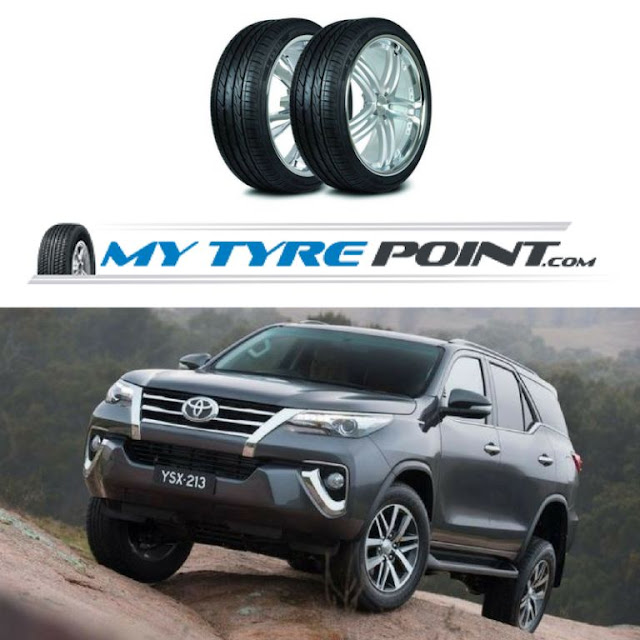WHY TYRES ARE THE MOST IMPORTANT PART ON YOUR CAR
What do you think the most important part of your car is? The steering wheel, the breaks, the seatbelt? Well, you’d be wrong as the most important part of any car is definitely the tyres.
WHY ARE TYRES IMPORTANT?
Think about it, tyres are the only thing in your vehicle that actually touches the floor. This means that they are in control of your steering, braking, acceleration and absorbing all the bumps that the road may throw at you.
When you look at it this way, it becomes obvious that having good quality tyres is essential to your driving experience. There are many different types of tyres available on the market and not all of them provide the same levels of performance.
Certain car tyres provide much better traction in wet weather or snow, while others provide smoother rolling at high speeds for better fuel consumption and reduced noise.
FINDING THE RIGHT TYRES
It is important that you pick tyres that are well suited for the conditions that you most regularly drive in. Many people tend to choose budget tyres for the cost-saving factor, however, this can be a false economy, as cheap tyres tend to go bald quicker, can increase fuel consumption and may not grip the road as well.
Not all tyres are created equal, so it pays to make sure that the tyres you are looking to buy match your requirements. If you do a lot of motorway driving then you will want tyres that handle much better at higher speeds, while countryside drivers may look for tyres that can easily handle a range of terrain. You are also able to purchase tyres made from a tougher compound making them much longer lasting and with better grip than budget tyres.
MAINTAINING YOUR TYRES
Regardless of what tyres you end up buying, there are several checks that will need to be regularly carried out to prevent damage or excessive wear. At least once a month you should carry out checks including:
- Tyre pressure
- Tread depth – the legal minimum is 1.6mm
- Bulges or cracks in the tyre
- Uneven wear
You can adjust the tyre pressure yourself at home or any petrol station, but if you notice any of these other issues then you will need to replace your tyres straight away.
DO YOU NEED WINTER TYRES?
In the UK we don’t tend to see much snow and ice, however, we do get an awful lot of rain. Many summer tyres and even ‘all year round’ tyres are ill-equipped to deal with very wet conditions, resulting in loss of traction causing slips and skids. It can be extremely beneficial to put winter tyres on your car, especially if you do a lot of driving, as these offer much better grip in wet conditions and are more adept at handling snow and icy conditions.
Don’t worry if there is still plenty of tread on your old tyres, as you can keep these and set them aside for the spring. This means that instead of constantly using one set of tyres, you are able to change to ones that are better suited for your needs, helping both sets last longer and ensuring that your vehicle always delivers the best performance.



Comments
Post a Comment